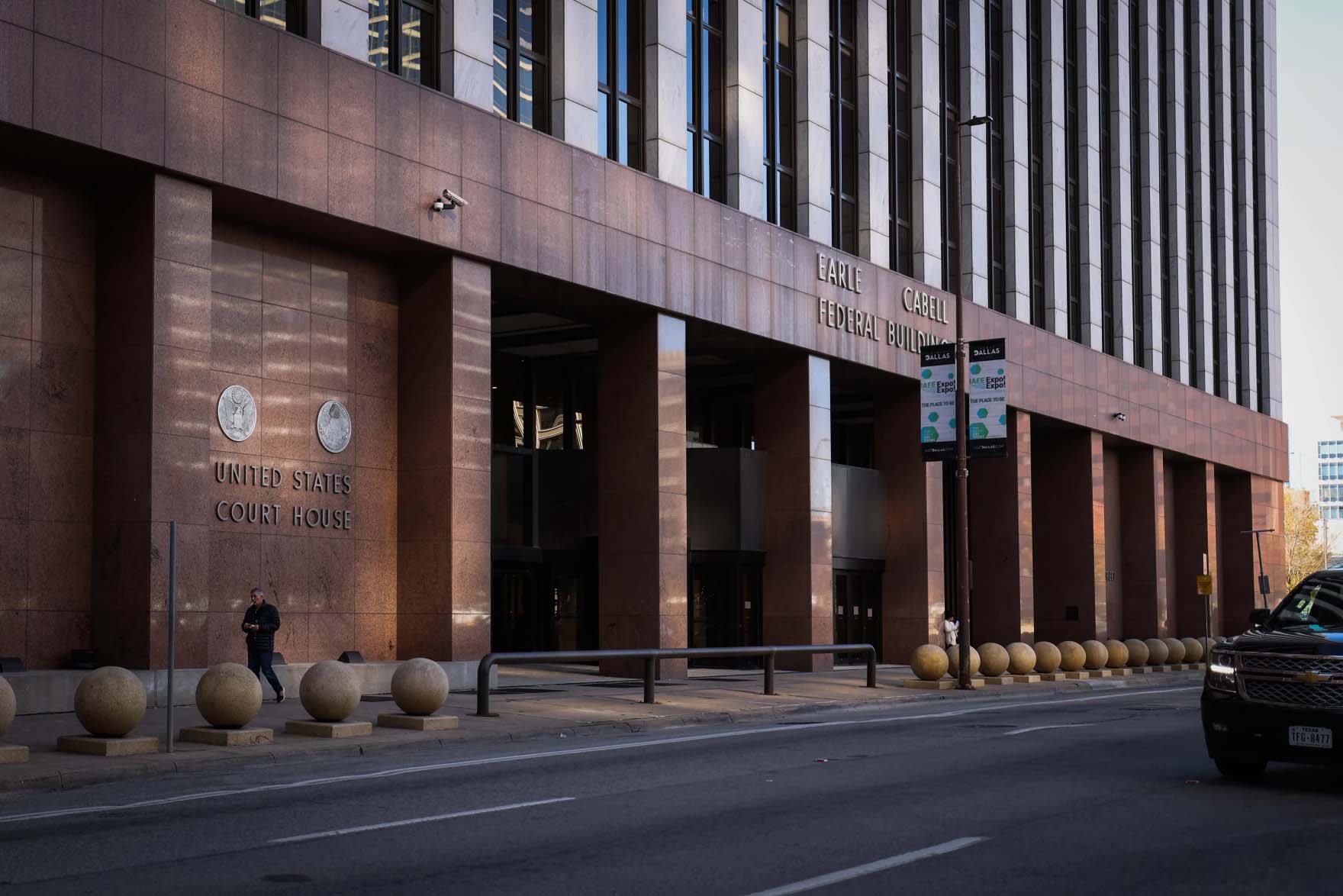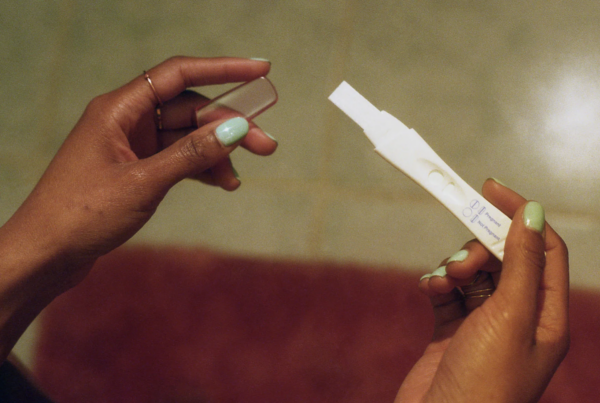Update: A federal appeals court on Wednesday blocked the $100,000-a-day fine against the state. Read our previous story below.
The state of Texas is facing a fine of $100,000 per day over failures to adequately investigate abuse in its child welfare system.
U.S. District Judge Janis Jack, who fined the state previously in 2015 and 2019, issued the contempt order Monday. Lawyers for the state appealed the fine the following day.
Taylor Goldenstein, state politics and Austin bureau reporter at the Houston Chronicle, spoke to Texas Standard about where the case stands now. Listen to the interview above or read the transcript below.
This transcript has been edited lightly for clarity:
Texas Standard: Can you give us some examples of the kinds of failures that led Judge Janis Jack to levy this fine?
Taylor Goldenstein: The order goes through a number of examples. One of them was a-14-year old girl who had pretty severe cognitive impairment. She, according to the suit, was performing at a 2- to 4-year-old level. On separate occasions, she was allegedly tased. She was allegedly beaten, ran away from the facility, attempted suicide, was left at a hospital with her jaw broken.
There were a dozen investigations into those different situations; many of them took more than a year-and-a-half or a year-and-a-half to resolve. And the judge said that that is not within the expectation she set previously for the state to expedite these investigations and complete them in a timely manner to keep these children safe.
So are these concerns just about the fact that the investigations are being delayed, or is it also that the result of these investigations is keeping kids unsafe?
It’s kind of both. The monitors – the people who the court appointed to oversee how the state is doing on this process – they looked at cases that had an unconfirmed or inconclusive disposition. In many of those situations, they found what they called serious deficiencies. Some of those reasons for those dispositions were, in fact, the delays.
In some cases, an investigator may have taken so long on an investigation that the alleged perpetrator, maybe no longer worked at the facility or couldn’t be located.
» GET MORE NEWS FROM AROUND THE STATE: Sign up for Texas Standard’s weekly newsletters
How does this compare to some of the other penalties that the foster care system has incurred?
This is the third time that [Judge Jack] has issued fines, but it’s the biggest fine that she’s ever issued.
The last time was 2019. At that time she had fined the state $50,000 a day, and that was over around-the-clock supervision through the night at group foster care facilities. This time it’s double that a day.
That’s a lot of money. What exactly does the state have to do to stop the fines, and when will they get a chance to prove that they’ve done so?
So the order is going to stay in place until the state can certify to the judge that they’ve looked over all their open investigations and are being what the judge considers substantially compliant with her order. And that covers cases over a long period of time, and they are going to need to provide data on all those cases – the ones that are open and closed.
Then the monitors will need to review those and report their findings to the court.
What have representatives from the state, either the Attorney General’s Office or Health and Human Services, the two main agencies that are involved here — have you heard anything from them about this order?
They’re appealing, and that’ll go to the Fifth Circuit. They’re also asking the lower court to pause the ruling while they wait on that ruling from the Fifth Circuit.
They essentially argue that they’re doing as best they can and they’re making a good-faith effort to improve these situations. They also say that, in some ways they feel that the judge is focusing on the wrong thing – as in, focusing on a small subset of cases, where they say they have thousands annually and they don’t all go this way.













